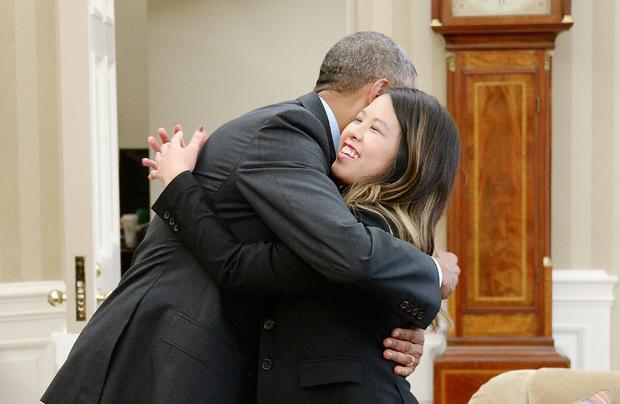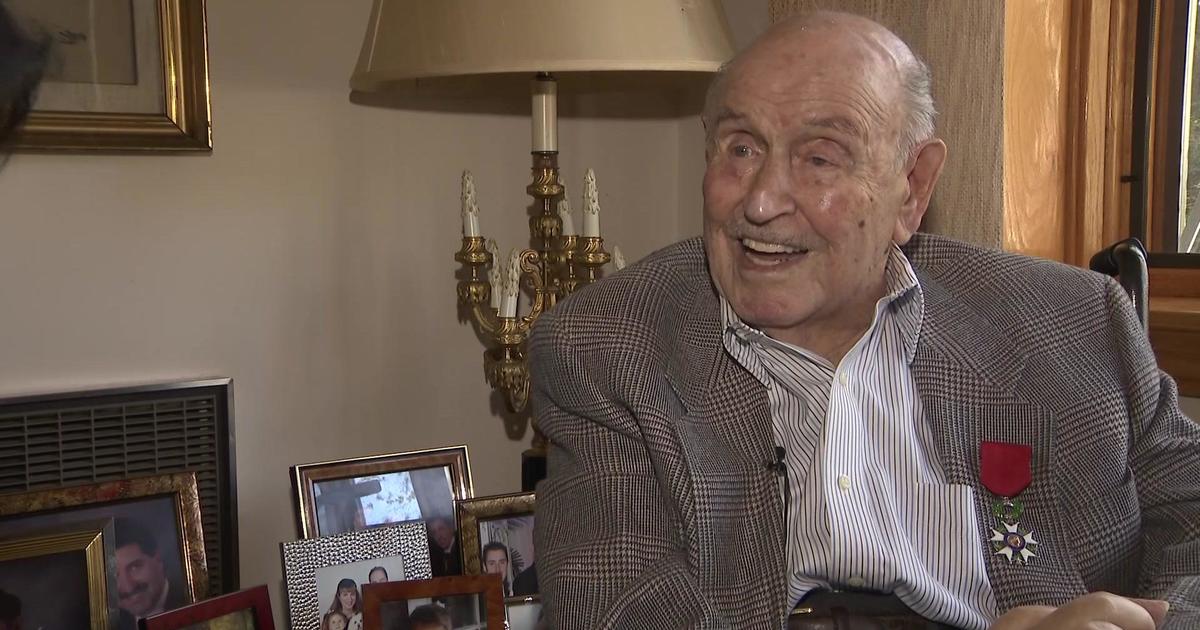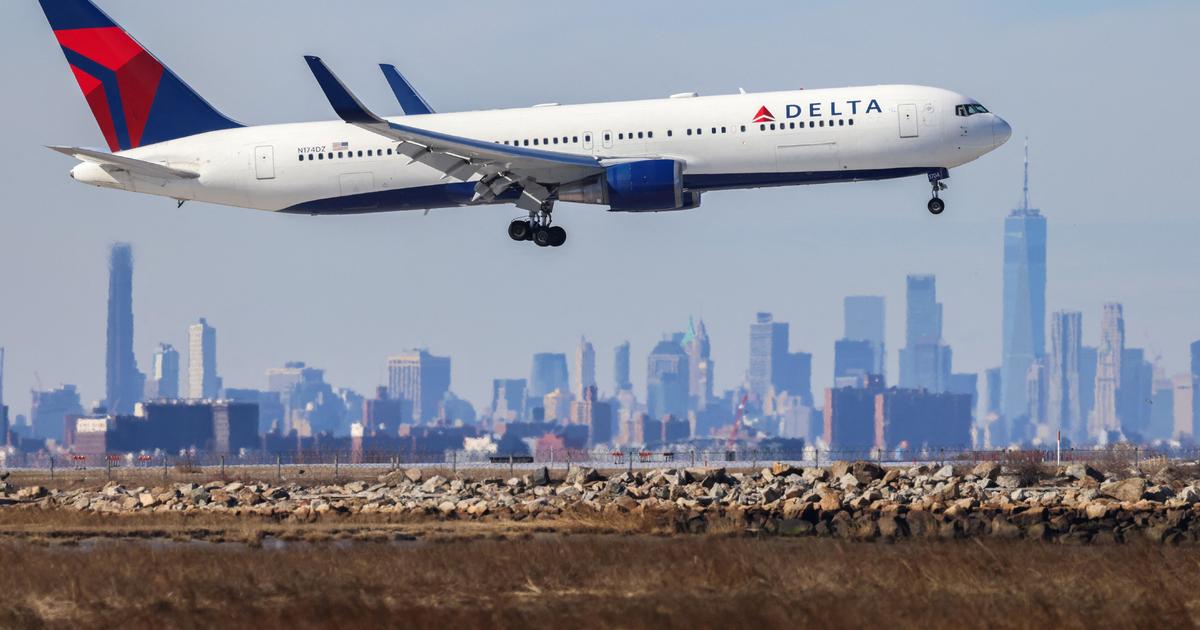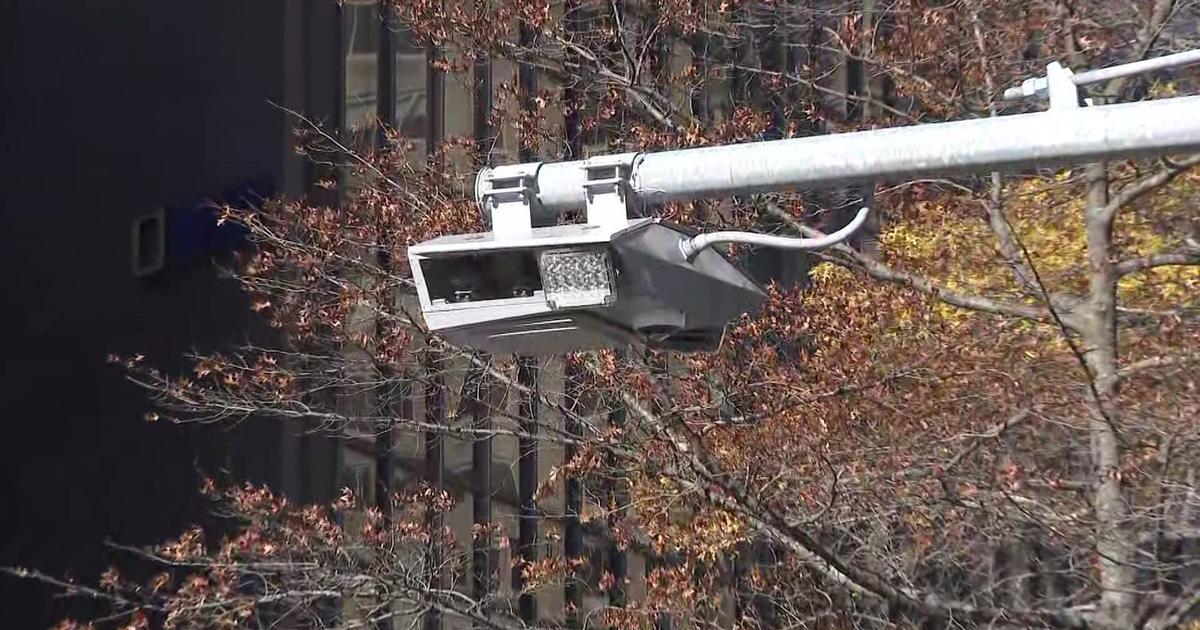Lawmaker: New NYC Case Raises Questions On Ebola
WASHINGTON (CBSNewYork/AP) -- The new case of Ebola diagnosed in New York City has raised "even more questions about procedures in treating patients and risks to Americans,'' a Republican committee chairman said Friday.
Rep. Darrell Issa, R-Calif., spoke as he convened a hearing of his House Oversight and Government Reform Committee on the Ebola problem. It came a day after news broke of the first case in New York, which involves a doctor who returned recently from treating patients in Guinea. It was the fourth case diagnosed in the U.S.
"I think we all know that the system is not yet refined to where we could say it's working properly,'' Issa said. "It would be a major mistake to underestimate what Ebola could do to populations around the world and any further fumbles, bumbles, missteps --- can no longer be tolerated.''
But the committee's top Democrat, Elijah Cummings of Maryland, said that the swift and comprehensive response to the case in New York shows that the U.S. health community has made strides since the initial misdiagnosis of a patient in Texas, who later died.
"It appears that health care authorities have come a long way in preparing for Ebola since Thomas Duncan first walked into a Texas hospital last month,'' Cummings said.
Two nurses who cared for that patient also got infected, though both now seem to be doing well.
Nina Pham, the first nurse diagnosed after treating Duncan, is free of the virus and was released from the hospital Friday before meeting with President Barack Obama at the White House.
Pham said she felt "fortunate and blessed to be standing here today,'' as she left the National Institutes of Health's hospital outside Washington.
She thanked her health care team in Dallas and at the NIH and singled out fellow Ebola survivor Dr. Kent Brantly, who recovered after becoming infected in Liberia, for donating plasma containing Ebola-fighting antibodies as part of her care.
"Although I no longer have Ebola, I know it may be a while before I have my strength back,'' Pham, 26, said at a news conference.
Doctors have cleared her to return home to Texas, and after speaking at NIH she met with Obama in the Oval Office, where the president hugged her. White House spokesman Josh Earnest called the meeting "an opportunity for the president to thank her for her service.''
A top Health and Human Services official assured lawmakers that the likelihood of a significant outbreak of Ebola in the U.S. is remote, though she said government agencies are preparing for any contingency.
"Ebola is a dangerous disease, but there is hardly a reason for panic,'' Dr. Nicole Lurie, assistant HHS secretary for preparedness and response, said in prepared testimony. "There is an epidemic of fear, but not of Ebola, in the United States.''
Dr. Craig Spencer, a member of Doctors Without Borders, became New York City's first Ebola patient on Thursday.
He reported Thursday morning coming down with a fever and diarrhea and is being treated in an isolation ward at Bellevue Hospital, a designated Ebola center.
Spencer returned from West Africa last Friday after treating Ebola patients in Guinea. He arrived at John F. Kennedy Airport, passing the extensive CDC screening process. He was not showing symptoms when he arrived in the U.S.
Republicans in particular have questioned the Obama administration's response to Ebola, and the hearing, taking place less than two weeks before the midterm elections, was likely to feature more criticism.
Republicans have called for a travel ban and quarantines of travelers arriving here from the West African countries of Guinea, Liberia and Sierra Leone, where the epidemic that has killed thousands.
The Obama administration has resisted such steps even while increasing screening of arriving travelers arriving and ensuring that they are monitored for 21 days, the incubation period for the deadly disease.
Check Out These Other Stories From CBSNewYork.com:
(TM and © Copyright 2014 CBS Radio Inc. and its relevant subsidiaries. CBS RADIO and EYE Logo TM and Copyright 2014 CBS Broadcasting Inc. Used under license. All Rights Reserved. This material may not be published, broadcast, rewritten, or redistributed. The Associated Press contributed to this report.)




